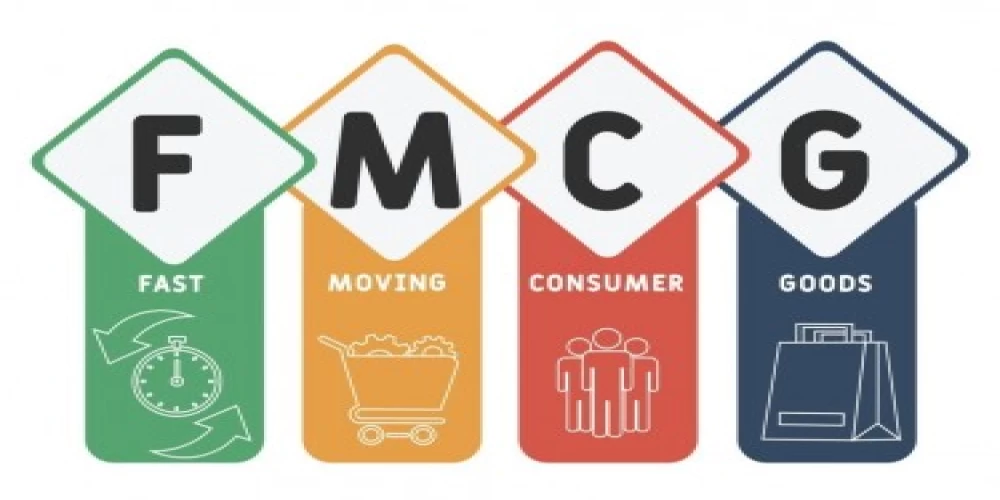
New Delhi: India’s economy is well on its path to recovery and the FMCG sector is a key player in India’s $5 trillion dream, said Ashwini Kumar Choubey, Minister of State, Ministry for Consumer Affairs, Food & Public Distribution, while addressing the valedictory session of FICCI’s annual conference on retail, FMCG and e-commerce.
“Digital connectivity today is not limited to cities but is also available in rural areas of India. With this, the reach of e-commerce and brand has reached the small village panchayats of India. As a result, the e-commerce sector is expected to grow more than expected,” said Choubey.
Speaking about the government initiatives, Choubey said the Central government is focused not only on the recovery of the economy but also took initiatives to make India a manufacturing hub. Emphasising the reforms led by the government, he said: “We have recently implemented the National Single Window System for investors and business. This will go a long way in giving shape to schemes like Make in India, Startup India. Entrepreneurs will benefit greatly.”
“It is also the endeavour of the Government of India that the consumer of this country should be a conscious consumer, he should get all the information about his choice, get it at the right price, at a competitive price and his problems should be resolved within a time limit,” stated Choubey.
Amitabh Kant, Chief Executive Officer, NITI Aayog, said in an economy where close to 55 per cent of the GDP comes from consumption expenditure, the FMCG sector emerges as one of the largest sectors of the economy. “Growing awareness, easier access and changing lifestyle have been the key growth drivers for the sector,” he said.
“There were many disruptions in the business models of the sector, yet the world showed the capacity for innovation and entrepreneurial spirit, new business models came up and delivery channels were modified,” stated Kant.
He further mentioned that the pandemic has led to developing alternative delivery channels for customers and as more and more people prefer online platforms, such delivery models will be the key to the future. Building sustainable business practices across supply chains are now imperative given the perils of climate change. “It is only when the private sector and govt join hands we will be able to create a sustainable future,” added Kant.
He also stated that Digital supply chains are the future, and we must work towards making this future reality in India. Many Indian FMCG companies, he said, have the potential to become global leaders; it is only through resilient and sustainable practices they will be able to scale the heights.
Kant said that India’s Kirana stores make up a huge segment of our economy, especially in the FMCG sector where the rural economies matter as much as the urban economy. He urged the larger firms to work with such Kirana stores to ensure digital on-boarding and handholding.
Further Kant emphasized that enabling Kirana stores to connect to the digital economy can have the impact of boosting consumption in both rural and urban India.
Resilience, he said, is the new metric for accessing performance and preparedness for the future. From now on the government and businesses will be judged on how resilient and sustainable their practices are. “Redefining delivery channels, sustainability, leveraging innovation and technology, enabling Kirana stores and hybrid working models will be the key to ensuring a resilient FMCG sector right from the manufacturing process to last-mile delivery channel,” said Kant.
Madhusudan Gopalan, Chair, FICCI FMCG Committee and CEO and MD, P&G, India Sub-Continent said, “In today’s uncertain environment, fast-evolving customer retail landscape, resilience is the key to convert challenge into an opportunity.”
Devendra Chawla, Co-Chair, FICCI Internal and Trade Committee and Managing Director and CEO, Spencer’s Retail Limited and Nature’s Basket Ltd said that the pandemic was a game-changer for the industry and though change is the only constant, the relevance of keeping the customer at the centre of all business decision and innovation will never change.



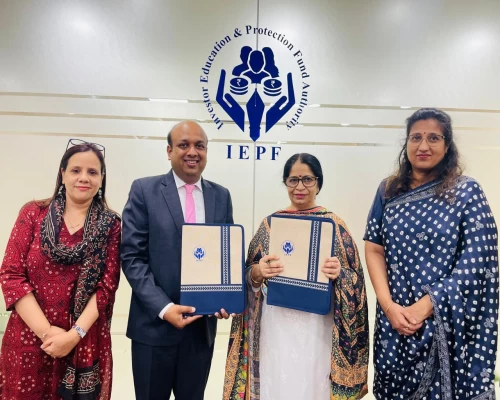



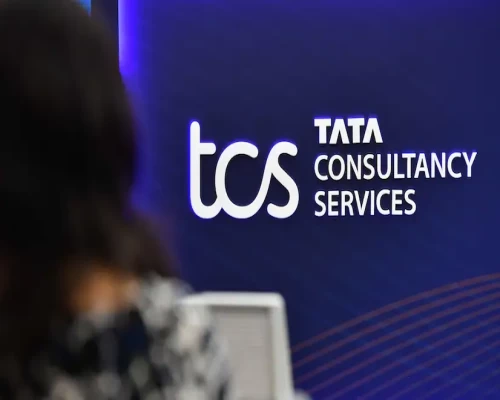
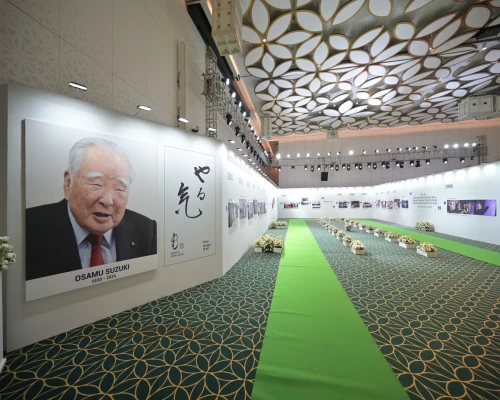

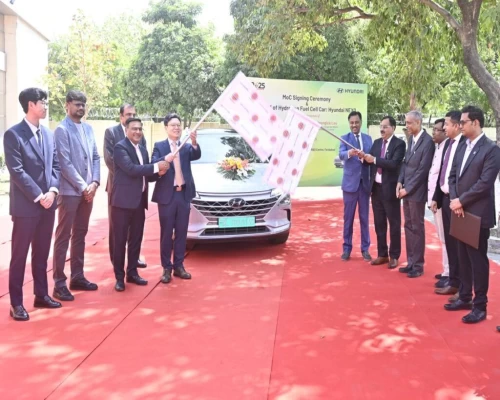
_500_x_400.webp)
